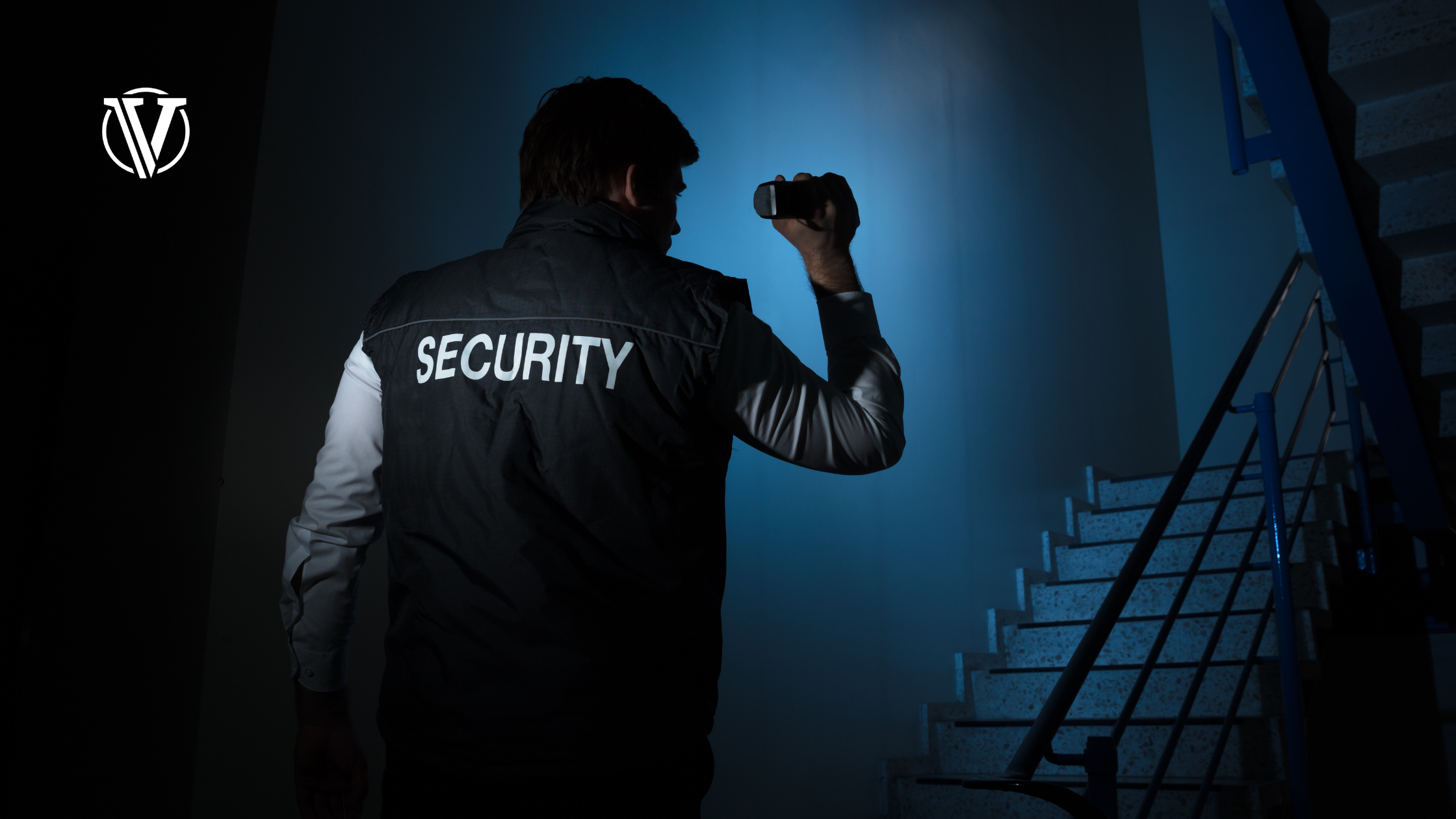Virginia Mandates Armed Security in Emergency Rooms: A Closer Look at Implications and Solutions
June 5, 2024
Virginia now mandates armed security inside emergency room departments. This is the headline, and it stands out to anyone who reads it. Armed security, by the law's definition, can be Virginia licensed armed security officers or off-duty law enforcement officers.
Is the Law Necessary?
It is not a point of the law being necessary because the Virginia legislative body and Governor agree that it is. Instead, the conversation should be how to prevent emergency room departments from becoming a colossal liability pit, paving the way for steep attorney fees, voluminous lawsuits, and increased insurance liability premiums for welcoming in the new risk.

Implications of the Mandate
Let’s pause to digest what this all means, even if for a fleeting moment. It means a strong likelihood exists that minimally trained individuals armed with firearms are walking around close quarters who have never been in this environment. It further means there will be a reliance on minimal qualifying standards. It also means a rash of new hires will occur to fill staffing voids and place the body in uniform at the site.
Concerns with Off-Duty Law Enforcement Officers
What about the use of off-duty law enforcement officers to fill staffing voids? Brian Manley, retired chief of police for the city of Austin, argues officer fatigue, liability exposure, and uncovered injuries among other areas are chief concerns when discussing the possibility of using off-duty personnel. Is this really what the new Virginia law is supposed to represent?
Security Plan Basics vs. Comprehensive Approach
The argument is not about the basics of a security plan, such as uniformed staff coupled with screening measures, e.g., handheld metal detectors, X-ray machines, or magnetometers. The idea of maintaining staffing and screening measures is frankly rudimentary. Conversely, a comprehensive security plan will, for example, cover the complexities of defending against and defeating targeted violence by individuals who approach the emergency department with a criminal mind. These are the individuals who have methodically planned their attack.
Addressing Complex Criminal Elements
The security plan needs to consider expansive and sophisticated criminal elements that often occur frequently inside emergency departments, such as human trafficking. We must be mindful that a security staff at a hospital is only as good as the response with the level of training received. If no training is provided to address human trafficking, then there should be no expectation it will be effective in countering this threat.
Dealing with Desperate Individuals
Furthermore, it will take into consideration the individuals who successfully navigate screening measures, not armed with any weapon, but are desperate in their attempt to locate drugs or target healthcare workers. These individuals can disrupt an entire emergency room of sick patients as much as an armed assailant.
Importance of Comprehensive Training
A security plan and concurring standard operating procedures is merely not about carrying a firearm. It will address the critical use of less lethal options designed to mitigate the risk of an unarmed, aggressive assailant. Consequently, assessments and training must be strongly placed into effect for security staff in general and staff assigned to the emergency room department.
The Deterrent Effect and Readiness
The mere presence of armed security, regardless of law enforcement or private security officers, will be a deterrent, but waiting until the time has arrived to assess competency in an active threat situation is largely concerning. The security staff should be constantly drilled in close-quarter response, such as when a perpetrator breaches the facility armed with any type of weapon including the possibility of an improvised explosive device, an attack plan, and has established intent to kill as many as possible.
Integrating Emergency Room Staff in Training
The drills and training should include emergency room department staff as much as possible. A response will always include hospital staff. If they are unfamiliar with what to do, an inherent liability is placed on the hospital. The use of untrained security staff is commonly known in contract security, which exposes a significant gap. Study upon study reflects this gap and in litigation it will be referred to as reasonable foreseeability because it can be argued a reasonable person is aware that most security staff lack training and readiness.
Litigation Risks and Security Gaps
The argument, if applied in a tort negligence lawsuit, exposes the hospital since prudent selection and consideration may not have been given to who is hired or contracted. Accordingly, the large companies who are stretched coast to coast with promises of full staffing ultimately only deliver the probability of substandard state of readiness. This probability is compounded when subsequent studies and reports show how challenged healthcare is when it comes to employers failing to implement effective prevention strategies due to workplace violence.
Strategic Solutions for Enhanced Security
Conclusively, an option is available strategically combining multiple approaches for a client's benefit. It brings a regional focus with attention to vetting, training, and oversight, along with the resources and dedication to Accountability, Communication, and Transparency (ACT). There will be an opportunity to take advantage of a groundswell of initiatives designed to be beneficial to emergency room departments and the hospital client.
Comprehensive Initiatives for Emergency Departments
These initiatives include client training covering various topics, risk management that is designed to apply an intrinsic methodical approach to security, and, most importantly, trained and qualified staff capable of deterring and disrupting active threats. It is impossible to measure the impact of deterrence in a security plan, but when the incident does occur, the response is the one that will be most scrutinized.
Schedule a Site Visit
To ensure your emergency room department is prepared and protected under the new mandate, schedule a site visit with one our security specialists today. Our risk management team will provide a comprehensive assessment and tailor a security plan to meet your specific needs. Contact us now to secure your facility and safeguard your staff and patients against potential threats.




